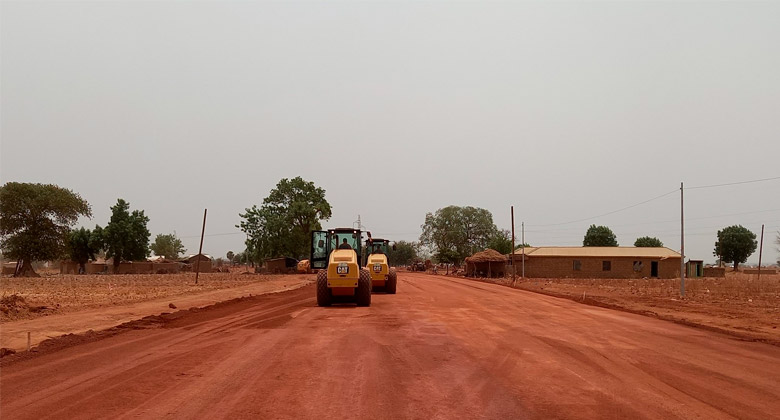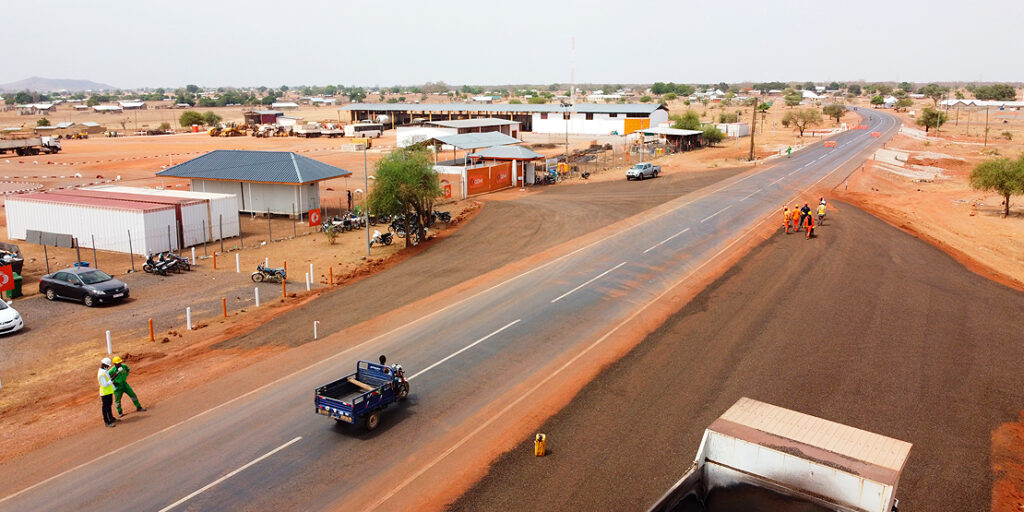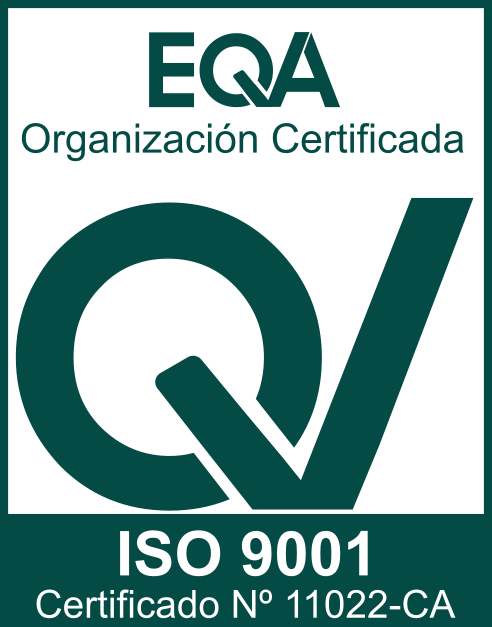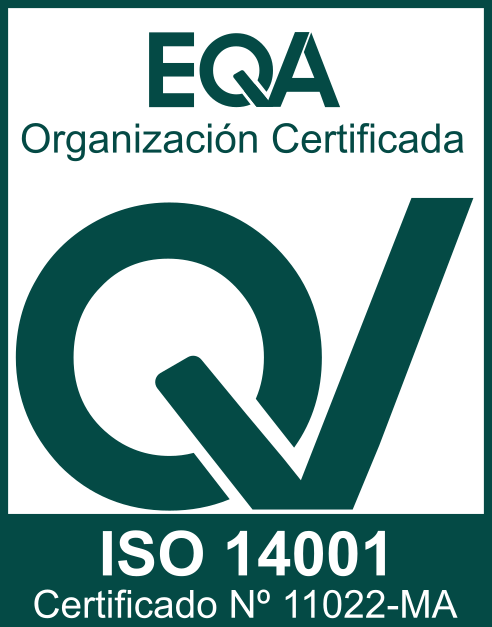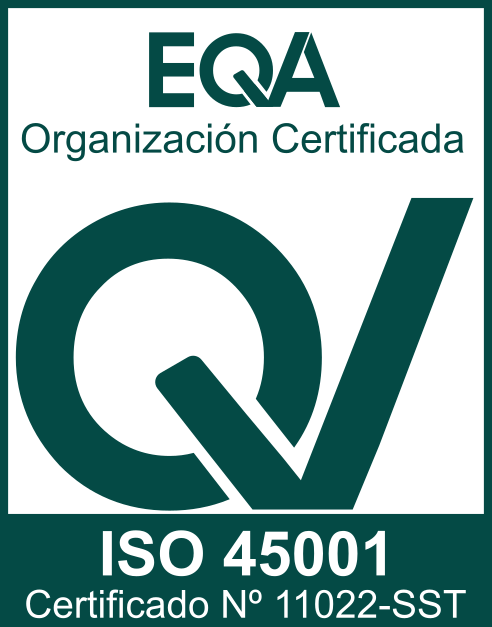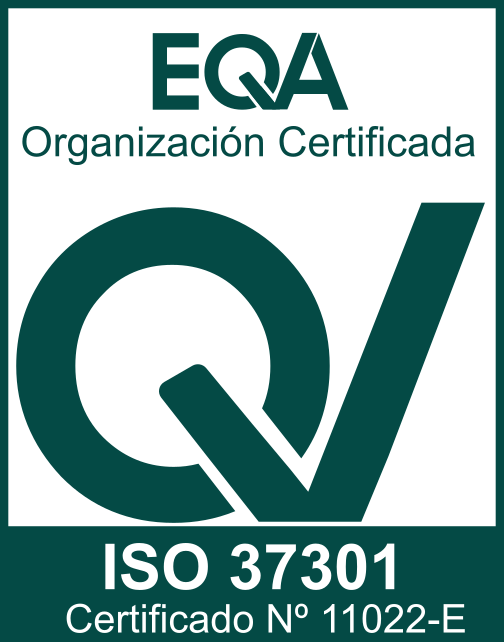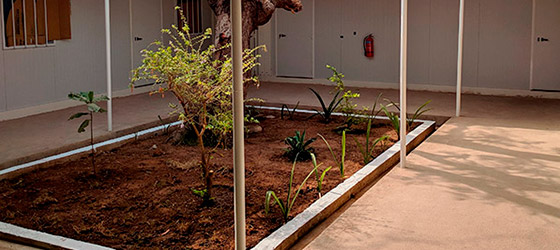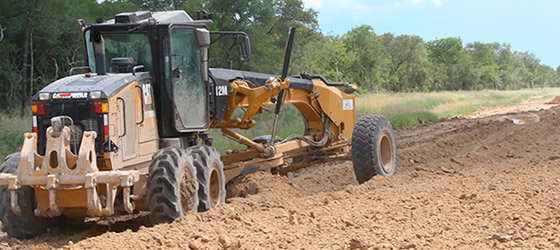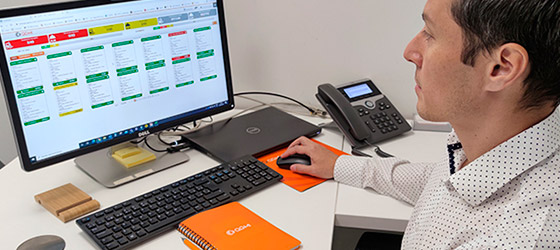El proyecto consiste en la mejora de la carretera Bolgatanga-Bawku-Pulmakom en el corredor norte de Ghana. La rehabilitación de la carretera está pensada para contribuir a aumentar la seguridad vial y el comercio, estimular el desarrollo económico y social, y para integrar aún más las regiones del Alto Oriente y del Norte de Ghana, así como para beneficiar potencialmente a los países vecinos.
La carretera tiene aproximadamente 109 km y se extiende desde Bolgatanga hasta Pulmakom, pasando por Bawku. El proyecto incluirá:
- Rehabilitación de la carretera existente;
- Construcción de una circunvalación adicional en Bawku;
- Construcción de tres nuevos puentes paralelos a los existentes en las proximidades de las ciudades de Bolgatanga, Tilli y Zebilla.
El proyecto se encuentra dentro de un derecho de paso, con una necesidad limitada de adquisición de tierras.
Documentos para descargar
Para cualquier consulta, por favor contactar con:
Departamento de Sostenibilidad de QGMI
Teléfono: +34 914531600 (durante horas de trabajo CET)
Email: bolgatanga.road@qgmic.com
